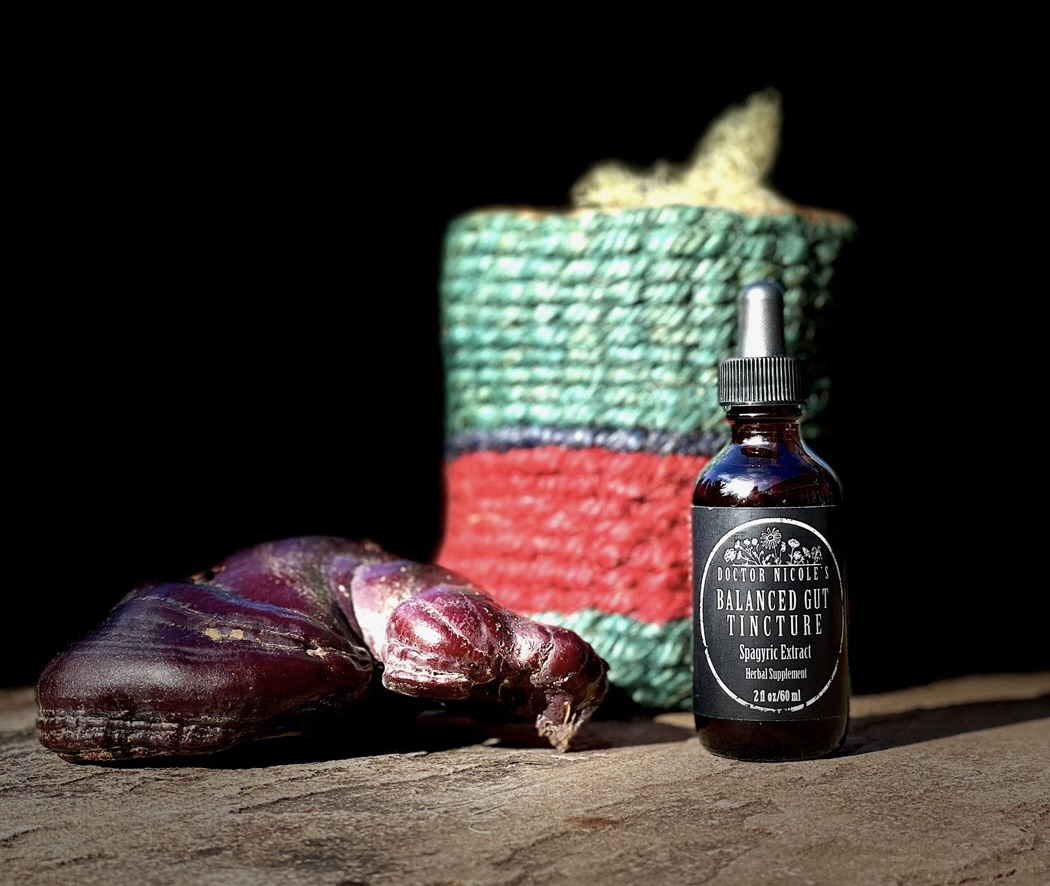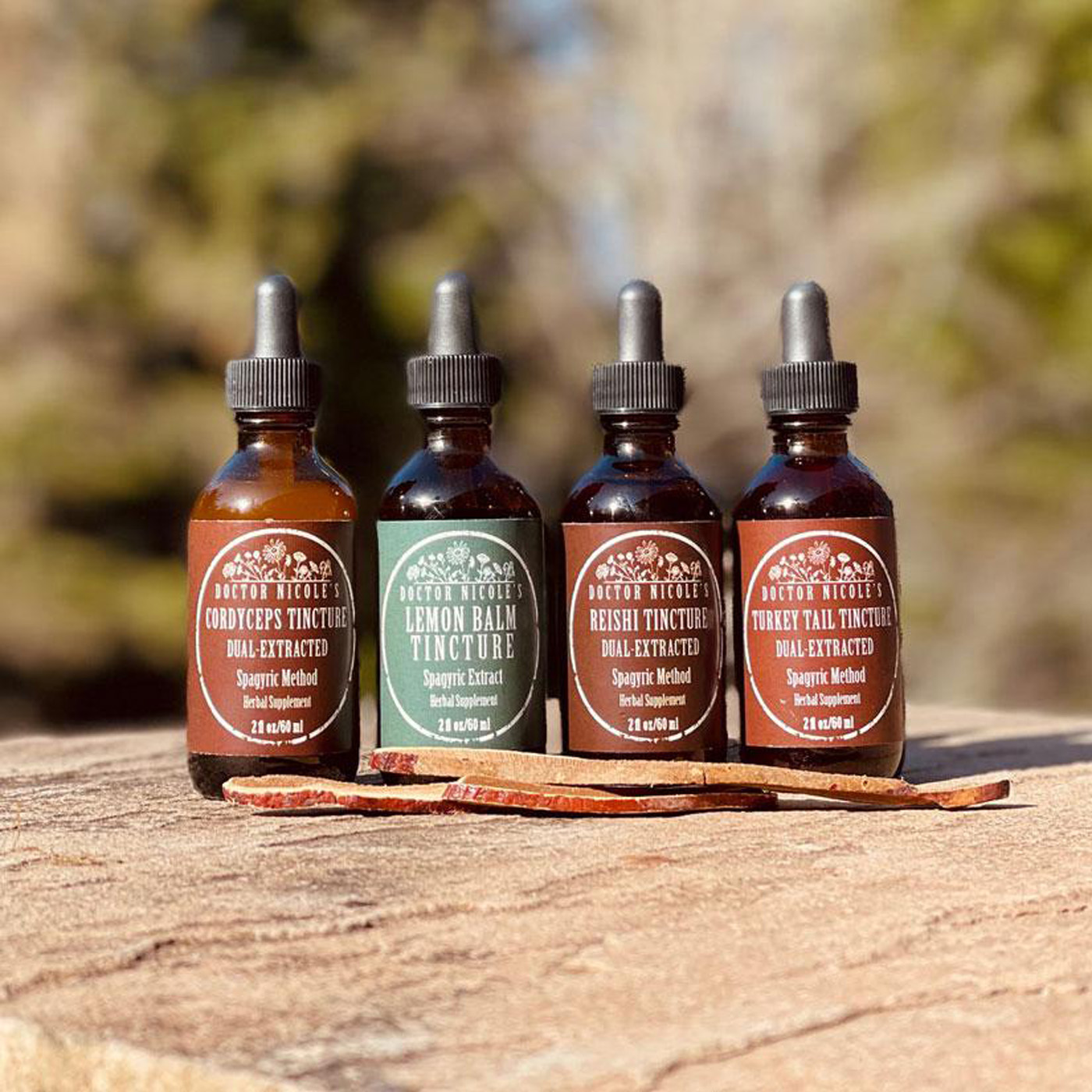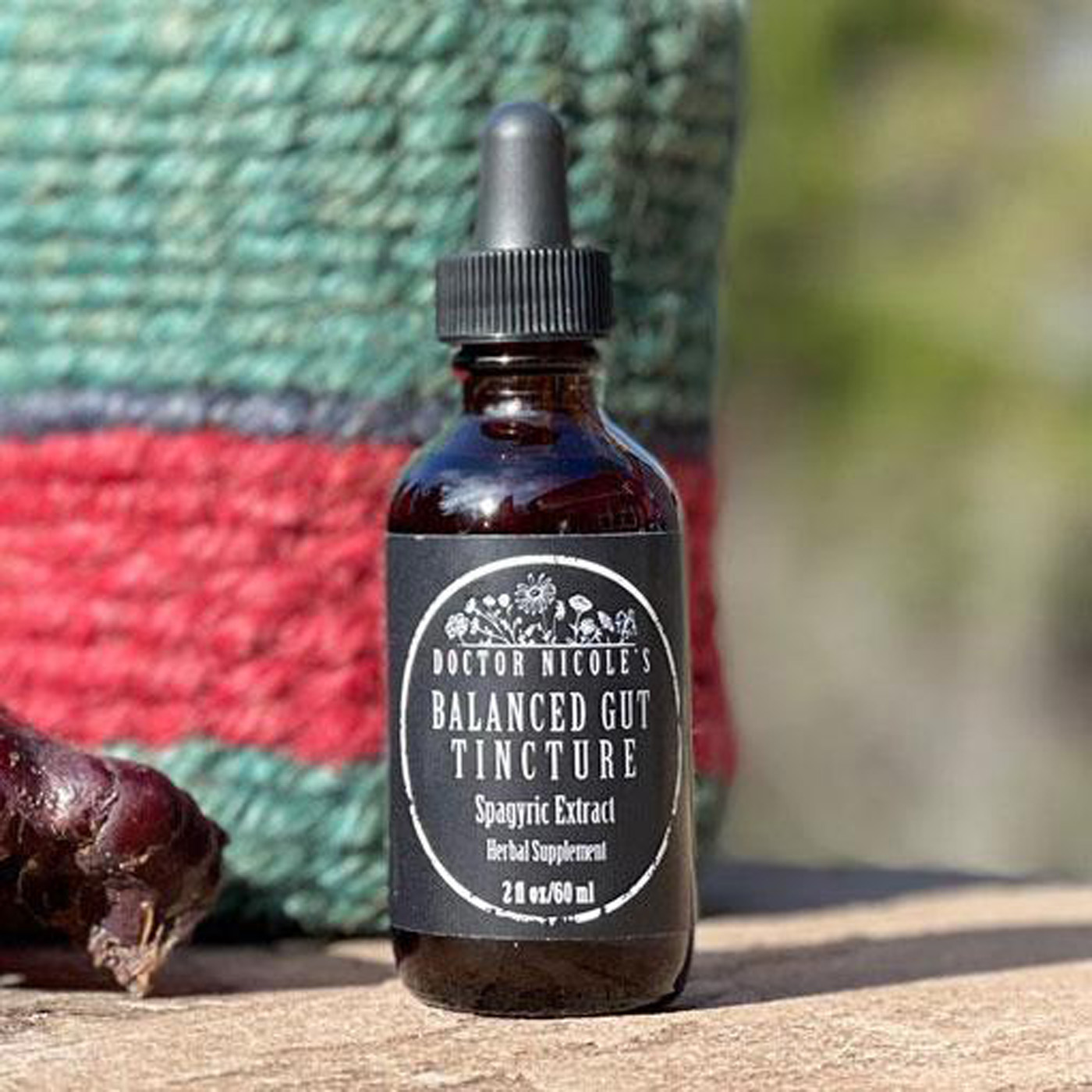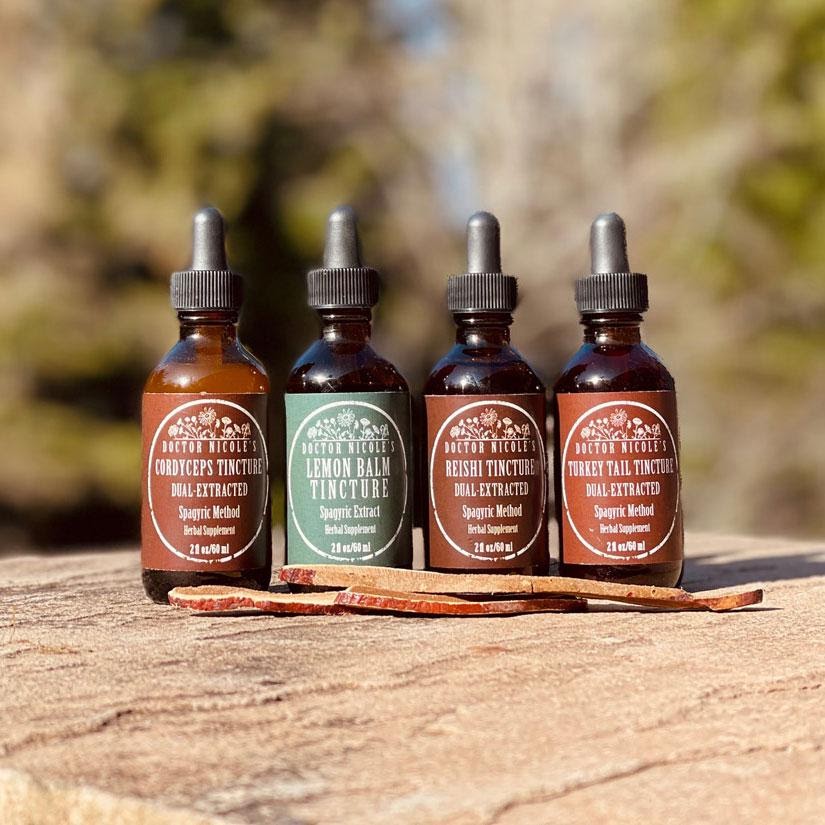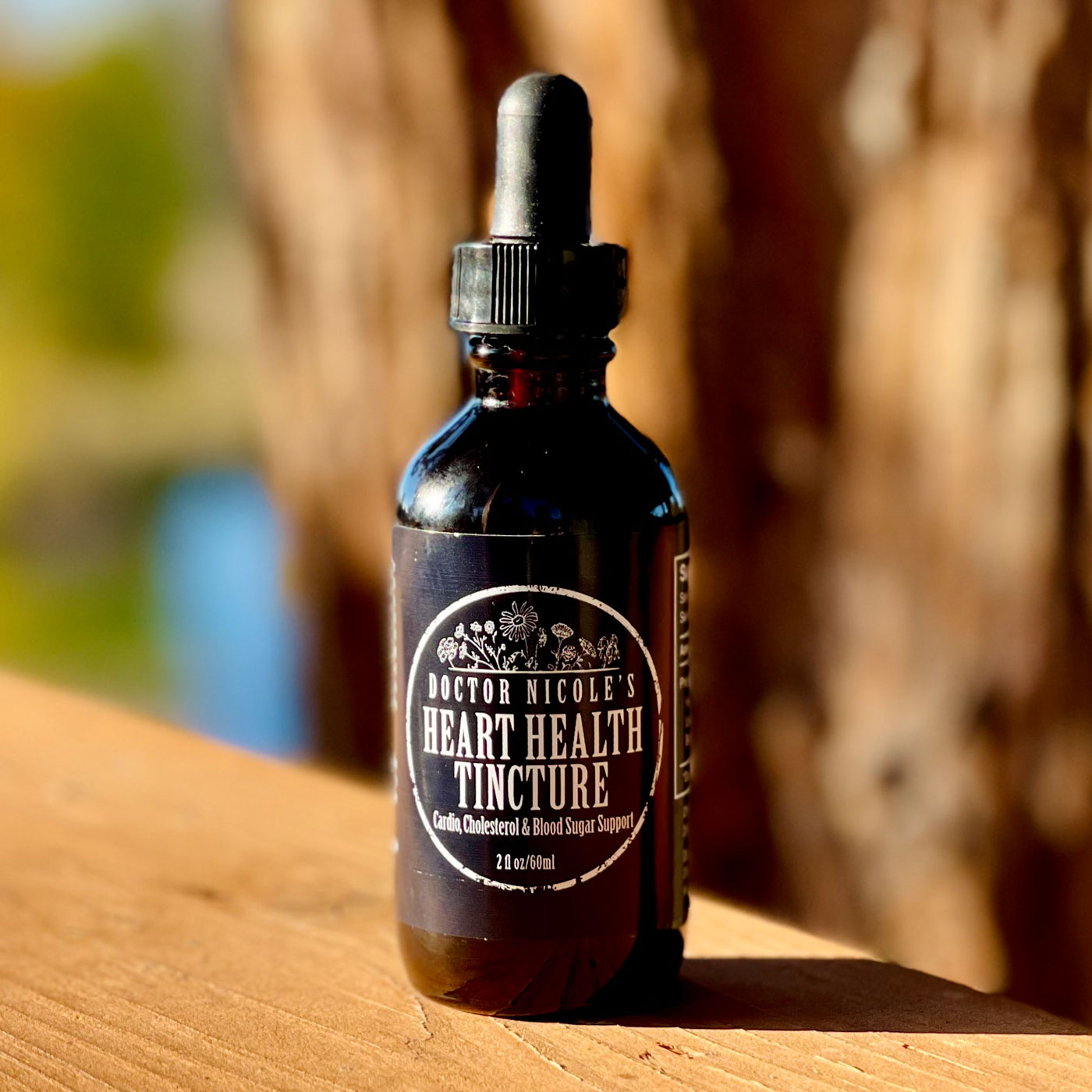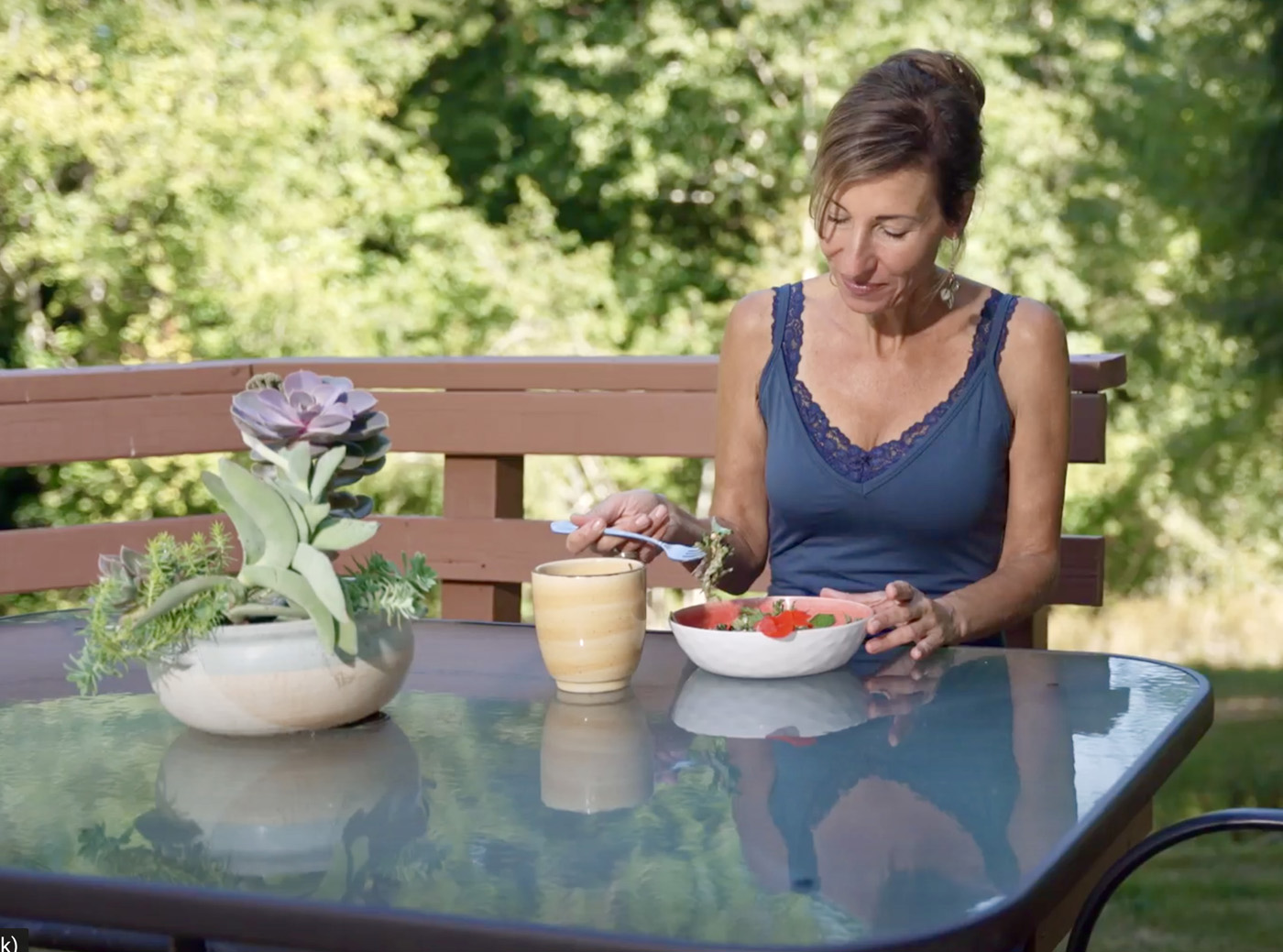The Truth About Sugar Addiction
Having made it through the holiday and the bounty of sweet treats, there is a good chance you would like to get back on track with a healthy diet and achieve your wellness goals as we launch into a new year. But you may find it difficult to overcome sugar cravings after the indulgence over the past month. In this post, I will cover the science of why refined sugar is such a tough addiction to break along with how it impacts your mind and body, plus tangible steps you can take to overcome sugar cravings once and for all.

Your Brain on Sugar
Bring up the word sugar and most associate it with added refined sugar (sucrose), such as what you find in cookies, candy, cakes, ice cream, and processed foods. In this article, this is the focus — not the healthy forms found in whole foods like fruits, vegetables, and grains.
Sugar is not necessarily bad, per se. Our body runs on it as a fuel in the form of glucose — and this includes the brain. It’s when sugar is refined and morphs into granules, syrups, and other concentrated forms that it becomes a problem. Suddenly, a basic fuel for us becomes high-glycemic, energy-rich, and exceptionally stimulating to the mesolimbic dopamine system in our brain. Dopamine is famously known as the “reward” neurotransmitter because it reinforces experiences that give us pleasure and encourages us to seek them out.
When we consume too much of a good thing consistently — in this case, refined sugar — we are essentially rewiring our brain to develop a tolerance to the repeated stimulation, which in turn requires us to consume increasing levels for the same effect. It’s a classic addiction pattern.
But that’s not all.
Flooding your brain with refined sugar also impacts your inhibitory neurons that release the neurotransmitter GABA, which assists with impulse control and good decision-making. When these neurons are negatively affected by high sugar intake, it creates a vicious cycle of poor decisions and impulsive behavior — making it all the more difficult to resist consuming sweets and processed foods. What’s more, animal studies have found that high sucrose consumption in adolescence also impairs memory, encourages cognitive defects, and may potentially increase the risk of mental health disorders.1,2
Likewise, additional studies have found a high-sugar diet negatively impacts your ability to remember — particularly in key memory brain centers, such as the hippocampus.3 Refined sugar can increase chemicals that are associated with inflammation as well.4 Not surprisingly, sucrose also encourages blood sugar spikes, insulin resistance, and obesity as it is an energy-rich, high-glycemic food.5 Moreover, research has shown high-sugar diets are directly tied to the development of dementia and Alzheimer’s, leading some researchers to classify the disease as “type 3 diabetes”.6
If you value health and would like to feel your best, curbing sugar addiction and reducing your consumption is crucial. Here’s how.
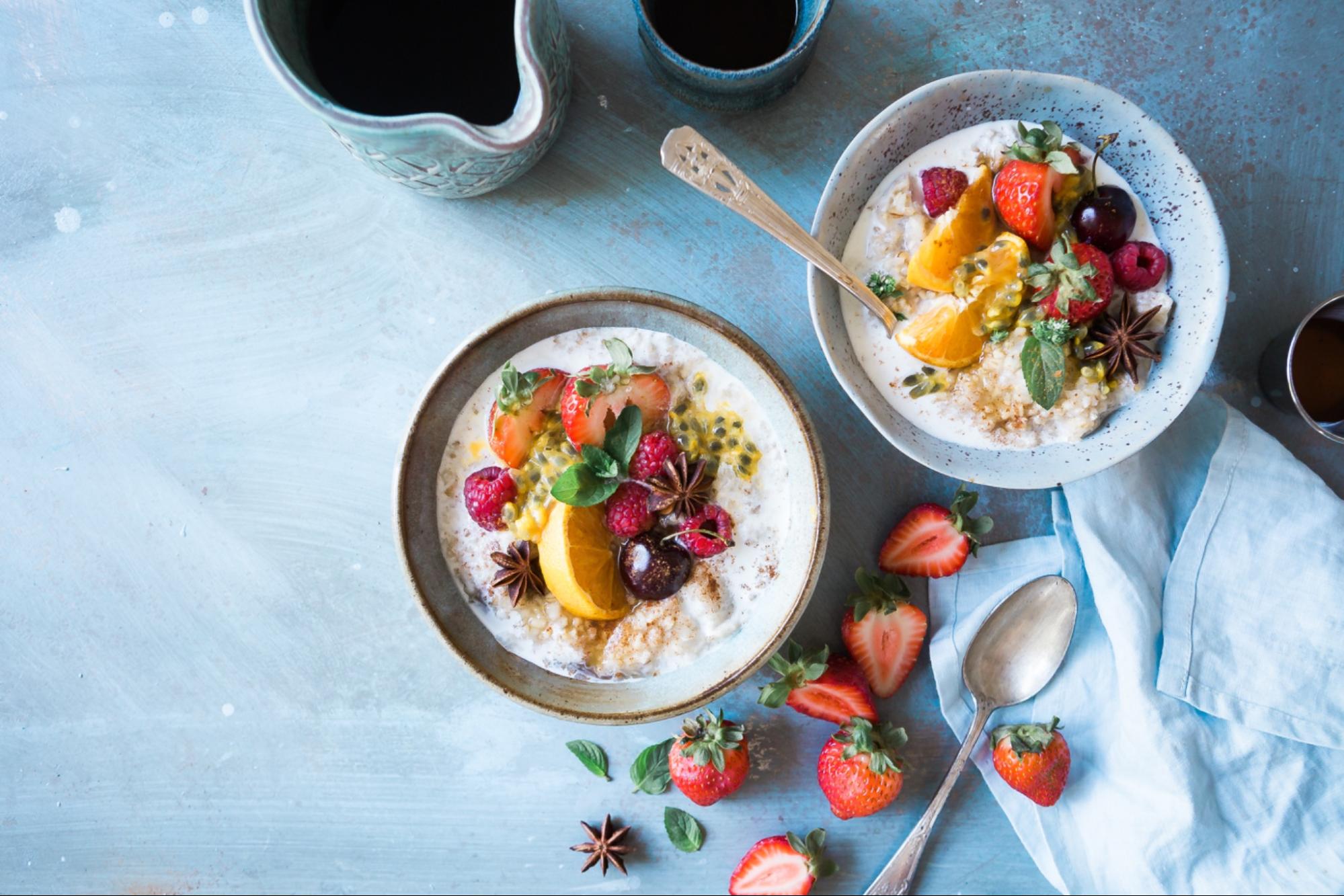
Diet
Whole food, fiber-rich meals are your best defense against blood glucose spikes and crashes — as well as the subsequent sugar cravings that drive us to want more of the sweet stuff. A Green Mediterranean Diet not only helps to balance your blood sugar levels, but it is also the optimal diet for cardiovascular and brain health. Moreover, it helps to support a healthy gut microbiome, which can further help to reduce sugar cravings.
Focus on vegetables and greens, whole grains, legumes, fruit, nuts, and olive oil. Moderate amounts of seafood, wild-caught fish, and low-fat dairy (raw is preferable) are allowed, but red meat and processed meats are off-limits. A Green Mediterranean Diet also includes 3-4 cups of green tea per day as well as 100 grams of Mankai duckweed, which is a high-protein aquatic plant, blended into a smoothie. Additionally, you will want to enjoy about an ounce of walnuts daily.
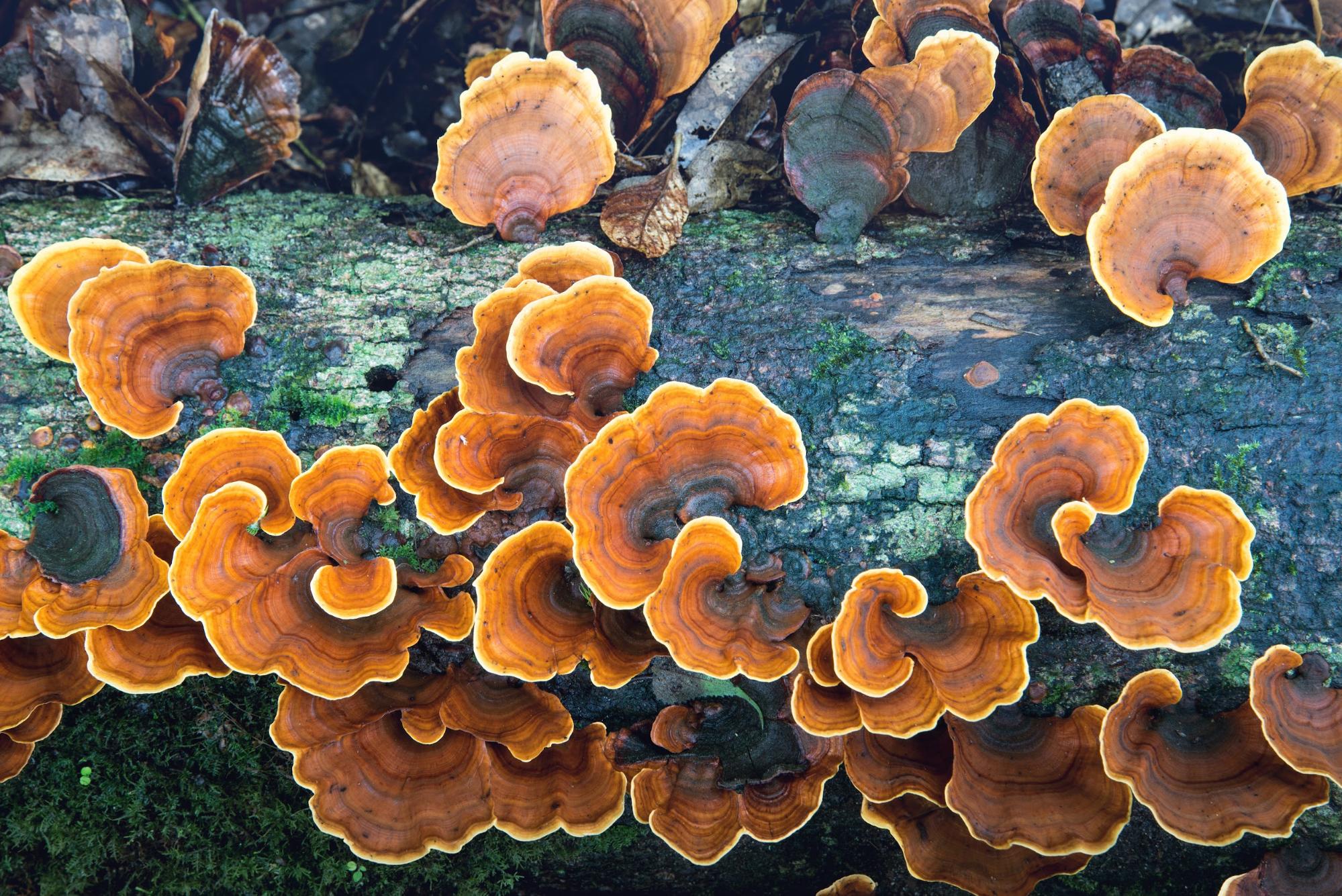
Our Balanced Gut Blend contains six herbal remedies that help to soothe and repair the gut and encourage a healthy microbiome. These include reishi, lion’s mane, and turkey tail medicinal mushrooms, as well as plantain, slippery elm, and marshmallow root.
An excellent anti-inflammatory, reishi is known as the “mushroom of immortality” for its wide range of healing attributes — and taming inflammation is a crucial step to healing a leaky gut. Lion’s mane is high in antioxidants that cool the inflammatory response. Another outstanding medicinal mushroom, turkey tail is a terrific source of prebiotics for encouraging a healthy microbiome by controlling the overgrowth of candida, while also feeding the “good” bacteria in the gut.
Traditionally known as an all-around tonic for the digestive tract, plantain is an exceptional anti-inflammatory. It also soothes mucous membranes to help alleviate the symptoms of a leaky gut. Lastly, two additional herbs that support gut healing are slippery elm and marshmallow because each forms a protective layer that help the gut to regenerate.
Lastly is our Heart & Blood Sugar Support Bundle. It contains potent extracts of cordyceps, turkey tail, and reishi medicinal mushrooms, along with lemon balm for blood sugar management to help keep blood glucose levels balanced. It also has my potent Heart Health Blend to help regulate blood glucose and blood pressure levels, lower LDL cholesterol, and fortify cardiovascular health. This collection of potent herbal medicines also helps to support cardiovascular, metabolic, and brain health.
Are you ready to take control of your gut health and blood sugar levels? Visit my apothecary today to learn more about these powerful, all-natural herbal medicines that can help you to reach your wellness goals!
Nicole Apelian
Nicole’s Apothecary Products in this Post
References
- “Your brain one sugar: What the science actually says” by Amy Reichelt, BrainsCAN Research Associate, Western University, The Conversation, November 14, 2019. https://theconversation.com/your-brain-on-sugar-what-the-science-actually-says-126581
- Reichelt, A. C., Killcross, S., Hambly, L. D., Morris, M. J., & Westbrook, R. F. (2015). Impact of adolescent sucrose access on cognitive control, recognition memory, and parvalbumin immunoreactivity. Learning & memory (Cold Spring Harbor, N.Y.), 22(4), 215–224. https://doi.org/10.1101/lm.038000.114
- Reichelt, A. C., Morris, M. J., & Westbrook, R. F. (2016). Daily access to sucrose impairs aspects of spatial memory tasks reliant on pattern separation and neural proliferation in rats. Learning & memory (Cold Spring Harbor, N.Y.), 23(7), 386–390. https://doi.org/10.1101/lm.042416.116
- Beilharz, J. E., Maniam, J., & Morris, M. J. (2014). Short exposure to a diet rich in both fat and sugar or sugar alone impairs place, but not object recognition memory in rats. Brain, behavior, and immunity, 37, 134–141. https://doi.org/10.1016/j.bbi.2013.11.016
- Musselman, L. P., Fink, J. L., Narzinski, K., Ramachandran, P. V., Hathiramani, S. S., Cagan, R. L., & Baranski, T. J. (2011). A high-sugar diet produces obesity and insulin resistance in wild-type Drosophila. Disease models & mechanisms, 4(6), 842–849. https://doi.org/10.1242/dmm.007948
- Janoutová, J., Machaczka, O., Zatloukalová, A., & Janout, V. (2022). Is Alzheimer’s disease a type 3 diabetes? A review. Central European journal of public health, 30(3), 139–143. https://doi.org/10.21101/cejph.a7238


